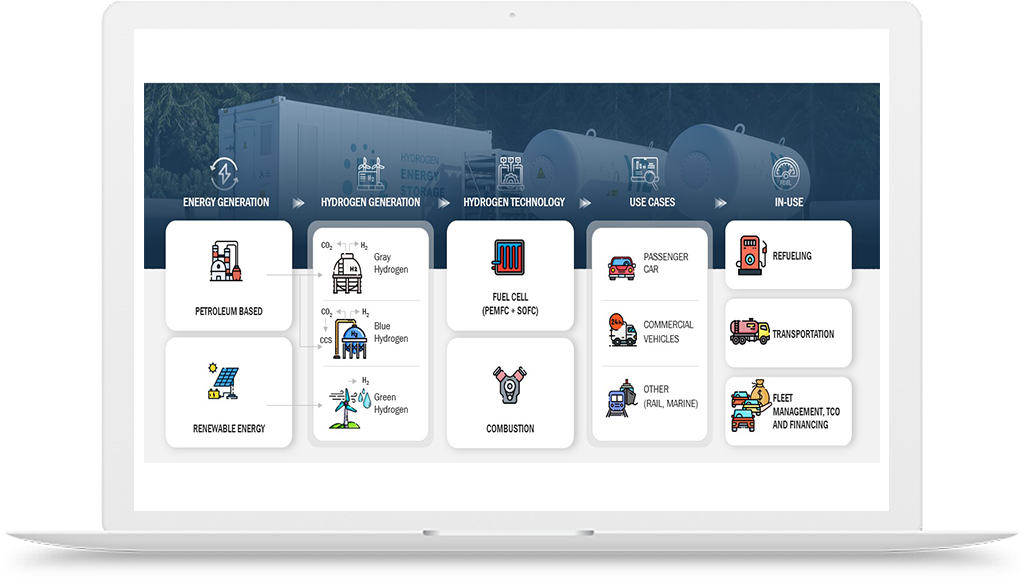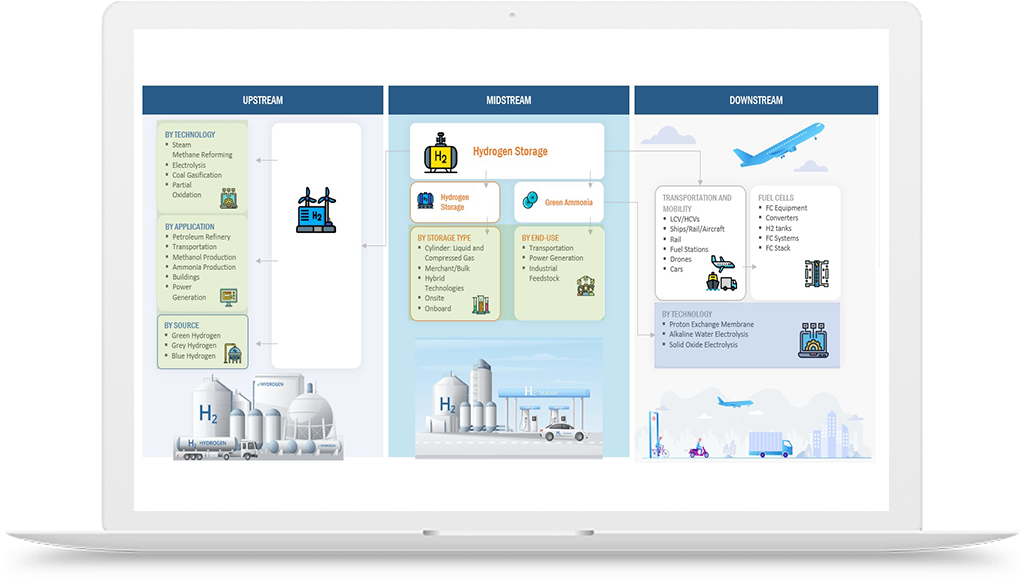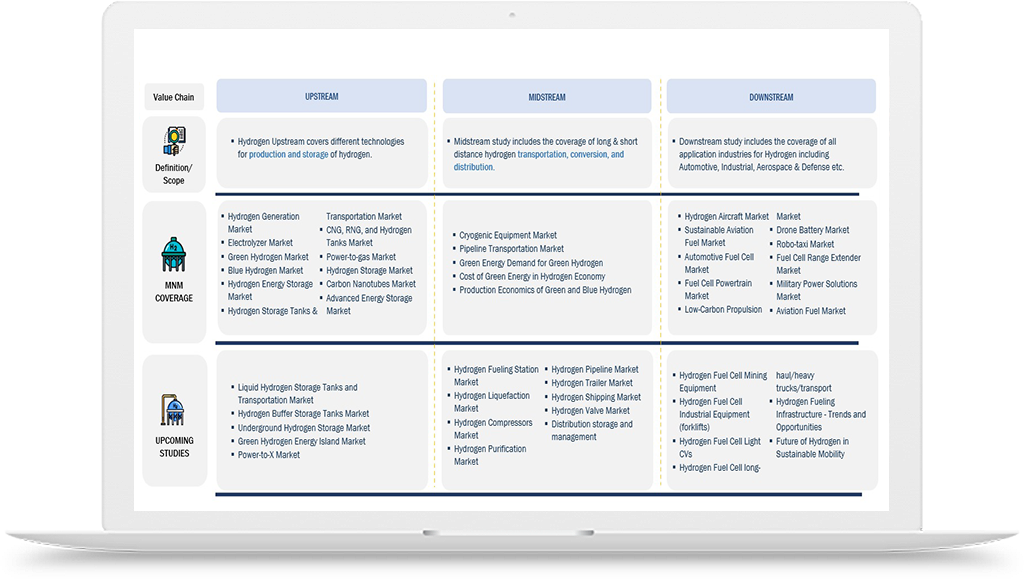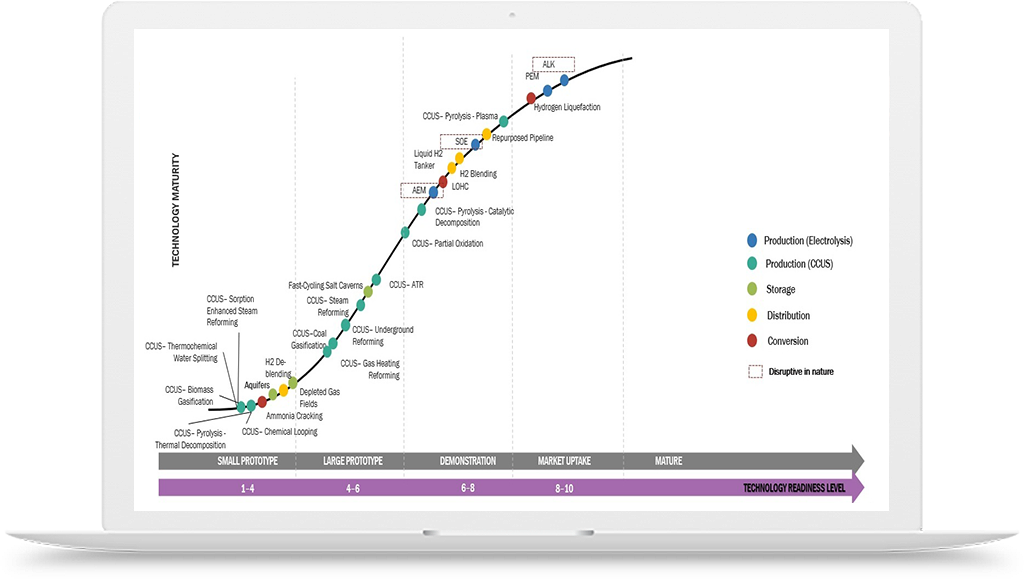Is hydrogen the future or electric?
Hydrogen Technology vs. Electric Technology
Hydrogen and electric technologies each have their own advantages and applications, thus it is likely that the future of transportation will combine both of them.
Here is a thorough comparison and explanation of electric and hydrogen technologies, complete with practical examples, applications, and advantages of each:
Hydrogen Technology:
- Explanation: Utilizing hydrogen as a fuel source, usually in the form of combustion engines or fuel cells, is known as hydrogen technology. The only byproduct of hydrogen fuel cells' process of mixing hydrogen with atmospheric oxygen to produce energy is water. The car's motor is run by this electricity, which offers a hygienic and effective source of propulsion.
- Real-world examples: Honda Clarity Fuel Cell, Toyota Mirai, and Hyundai Nexo.
- Use cases: Applications requiring extended driving ranges and rapid refueling periods are ideally suited for hydrogen technology, which makes it perfect for several vehicle types such as heavy-duty buses, long-haul trucks, and other vehicles. It may also be useful in fields like mobile power solutions and distant locations where energy storage and off-grid power generation are essential.
Hydrogen Technology Benefits:
- Zero Emissions:Vehicles powered by hydrogen fuel cells emit no emissions from the exhaust, improving air quality and lowering greenhouse gas emissions.
- Fast Refueling: Users will find hydrogen refueling convenient and familiar as it takes about the same amount of time as refilling a traditional gasoline vehicle.
- Long Driving Range: The range anxiety associated with electric vehicles can be alleviated by hydrogen vehicles, which can reach lengthy driving ranges comparable to that of conventional gasoline vehicles.
Electric Technology:
- Explanation: Rechargeable batteries power electric vehicles (EVs), storing energy needed to move the car forward. Wireless charging technology or electric charging stations can be used to recharge the batteries.
- Real-world examples: Nissan Leaf, Chevrolet Bolt EV, and Tesla Model S.
- Use cases: Short- to medium-distance driving, personal automobiles, and urban commuting are good fits for electric technology. Passenger cars, motorbikes, and other smaller vehicles used for city logistics and services are adopting it at an increasing rate.
Electric Technology Benefits:
- Zero Emissions: There is no greenhouse gas emissions from the tailpipe of an electric car, which significantly reduces air pollution.
- Energy Efficiency: Compared to internal combustion engines, electric motors are more efficient and translate a larger proportion of stored energy into actual vehicle movement.
- Renewable Energy Integration: When surplus electricity from renewable sources is used by electric vehicles and returned to the grid when required, they can function as energy storage devices, facilitating the integration of renewable energy sources.
- Lower Operating Costs: Compared to conventional internal combustion engine vehicles, electric vehicles typically have lower energy costs and require less maintenance, which results in lower operating expenses.
While electric technology is appropriate for personal automobiles, urban commuting, and the integration of renewable energy sources, hydrogen technology is best suited for applications that demand extensive driving ranges and rapid refueling periods. The decision between hydrogen and electric power is influenced by market demand, infrastructural accessibility, and particular use cases. As the transportation industry develops, it is probable that a blend of electric and hydrogen technologies will be employed to meet a range of requirements and accomplish objectives related to sustainable mobility.
Hydrogen Potential - Revolutionizing Transportation:
Hydrogen Fuel Cell Vehicles (FCVs):
- Vehicles with hydrogen fuel cells provide an emission-free substitute for those with internal combustion engines. They fuel the car with hydrogen, which reacts chemically with oxygen to produce electricity, which powers the electric motor. Because water vapor is the only byproduct, FCVs are environmentally benign.
- Compared to battery electric vehicles, fuel cell vehicles (FCVs) offer the advantage of longer driving ranges and quicker refueling periods. Because it solves the range anxiety and long charging times that are frequently connected to electric vehicles, hydrogen is now a practical choice for heavy-duty and long-distance driving.
- It is anticipated that the cost of fuel cell systems and hydrogen infrastructure will fall as technology develops and economies of scale are reached, increasing consumer access to FCVs.
Sustainable Aviation:
- Hydrogen is being investigated by the aviation industry as a sustainable aircraft fuel. The aviation industry can lessen its reliance on fossil fuels and carbon emissions by using hydrogen in fuel cells or combustion engines to power aircraft.
- Because hydrogen combustion is quieter than that of conventional jet engines, hydrogen-powered aircraft have the potential to greatly reduce noise pollution. Communities residing close to airports may benefit from this, as it could lead to more ecologically friendly and silent aviation.
Shipping and Maritime Applications:
- Hydrogen has the potential to decarbonize the maritime sector, which contributes significantly to emissions worldwide. In order to lower greenhouse gas emissions and marine pollution, conventional fossil fuel engines in ships can be replaced with hydrogen fuel cells or hydrogen-powered internal combustion engines.
- Other port operations that employ hydrogen include the usage of forklifts, cargo handling machinery, and auxiliary power systems on ships. Ports may lower their carbon footprint and help to create cleaner, more sustainable port operations by switching to hydrogen-powered equipment.
Energy Storage and Grid Balancing:
- Hydrogen has the potential to be extremely important for grid balancing and energy storage. Electrolysis can be used to create hydrogen from surplus electricity produced by renewable sources. Fuel cells can then be used to transform the hydrogen that has been stored back into electricity, facilitating the grid's integration of renewable energy sources and guaranteeing a steady and dependable supply of energy.
- In times when the production of renewable energy is limited, hydrogen can serve as a buffer, assisting in mitigating the intermittent nature of renewable sources. This adaptability makes it possible for an energy system to be more efficient and balanced, which encourages the wider use of renewable energy sources and lessens dependency on fossil fuels.
All things considered, hydrogen has the potential to completely transform the transportation industry by offering zero-emission fuel alternatives for a variety of vehicles, including automobiles, airplanes, ships, and port operations. Hydrogen is positioned as a major actor in the future of sustainable transportation, helping to create cleaner air, lower carbon emissions, and a more sustainable energy system because to its benefits in terms of longer ranges, speedier refilling, and energy storage capacities.
















